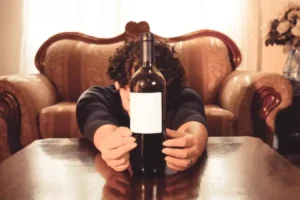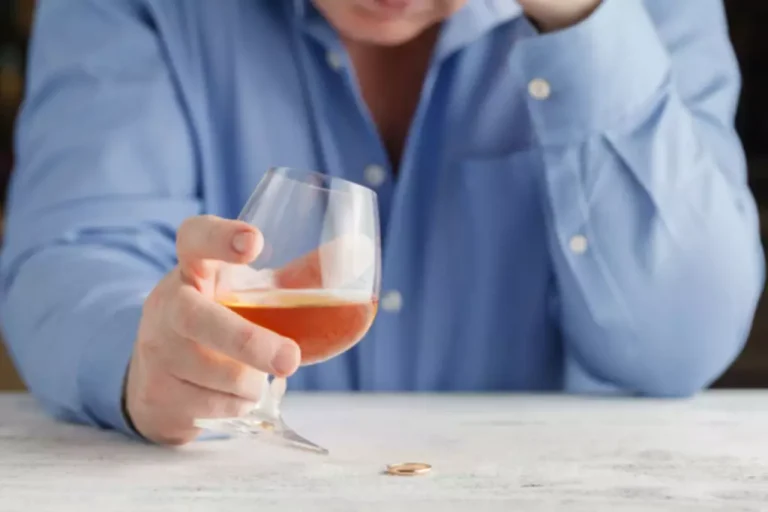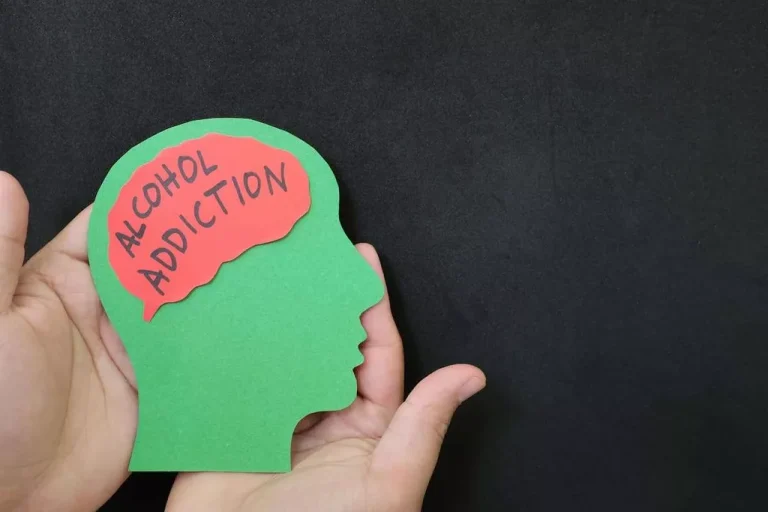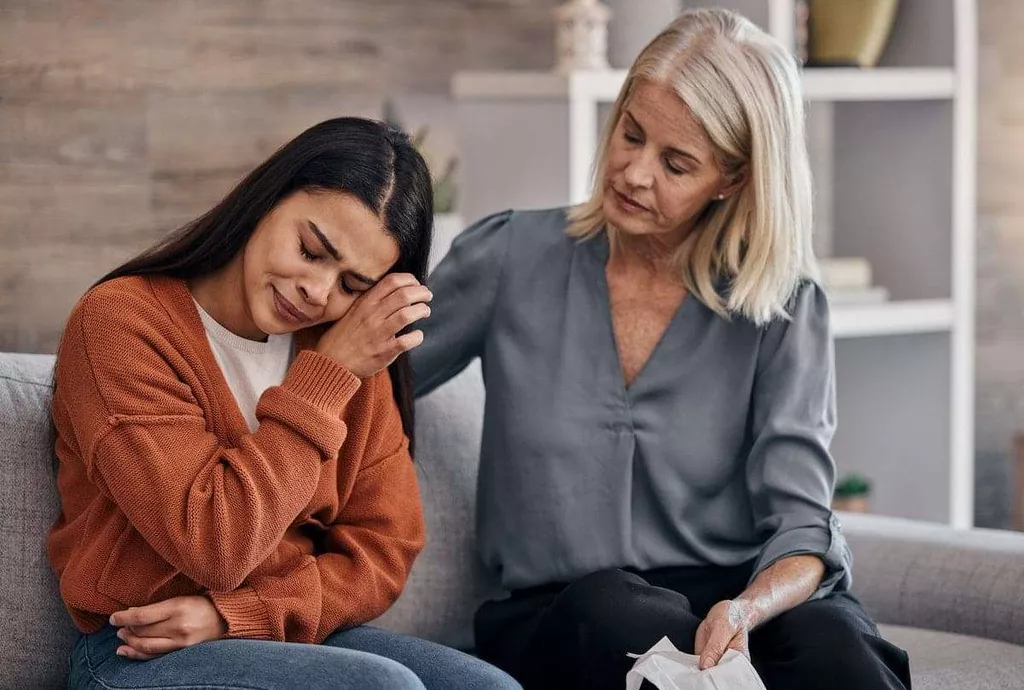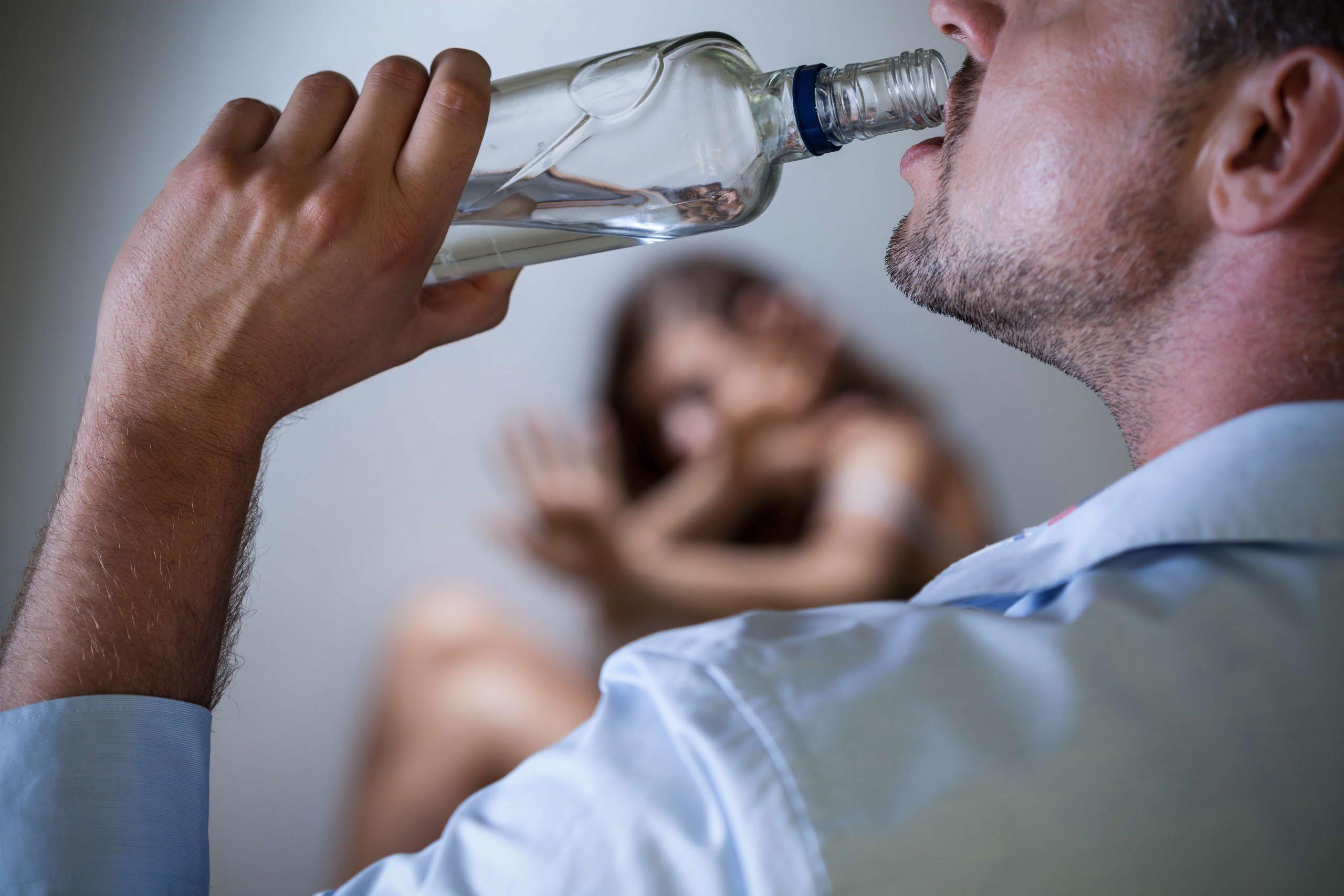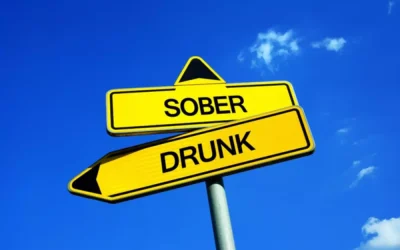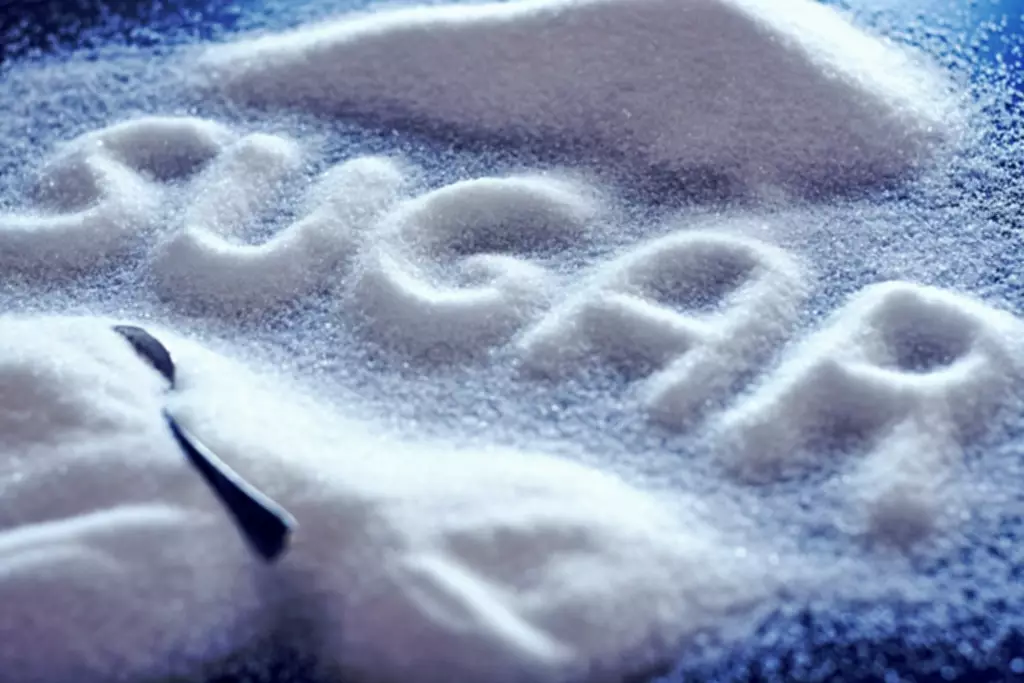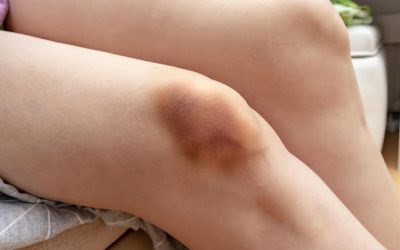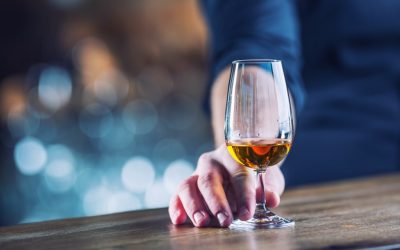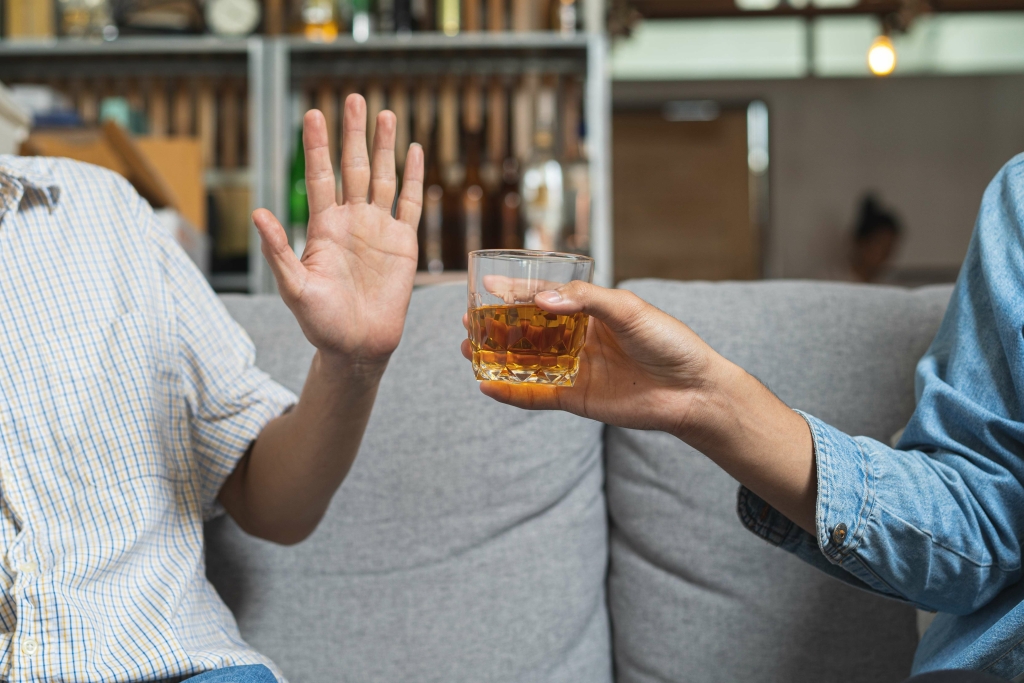The responses to comments on fitrecovery.com are designed to support, not replace, medical or psychiatric treatment. Please seek professional care if you believe you may have a condition. A very high percentage of alcoholics experience insomnia during acute withdrawal what came first, the alcohol, or the alcoholic thinking as well as post-acute withdrawal, which occurs after detox and can last for up to a year. Dealing with the temporary discomfort of insomnia can turn your health around in the long term, and ultimately, it can lead you to a more rested and healthier life.
Alcohol Withdrawal and Its Impact on Sleep
This supplement absolutely works to bring on sleep more quickly and to provide a deeper night’s rest. Shipping is free, and if Sleep Support doesn’t agree with your biochemistry or help you sleep better, you can return it for a full refund. When I began taking DLPA in the mornings, I began feeling better almost instantly.
- The first day is always the hardest, but it’s also an important milestone.
- A lack of sleep can have a severe effect on mental health, making moods inconsistent, inducing depression and worsening anxiety.
- Most people sleep better in cooler temperatures, around 65°F, though this can vary per individual.
- It’s difficult to predict who will and who won’t experience alcohol withdrawal — and how severe it will be.
- The withdrawal then tends to last hours, lessening in severity as times goes on.
Why Good Sleep Is Key to Recovery
However, when you stop drinking, your liver will begin to repair itself and the damage will start to reverse. Along with anxiety and irritability, you may also experience mood swings when you give up alcohol. While giving up alcohol can be a challenge, it’s important to remember that the benefits are well worth it. You may also begin to notice a number of improvements in your physical health. You’ll have more energy and stamina, and you may notice that your skin looks healthier.
The Benefits of Mindfulness and Relaxation Techniques
The CDC defines moderate drinking as two or fewer drinks for males, and one or fewer for females, in a given day. For example, people may experience steroid-induced insomnia, or antidepressants may worsen or induce sleep disorders. People with insomnia may have difficulty falling asleep or keep waking up during the night. Research shows that regular alcohol intake can reduce sleep quality over time, potentially causing issues such as insomnia. Search our list of alcohol detox centers to find a program that matches your needs, and reach out directly today. Exercise regulates your natural sleep-wake cycle8 and reduces withdrawal-related anxiety.
Surprising Ways Hydration Affects Your Sleep
A luxurious Hawaii rehab offering holistic treatment for addiction, eating disorders and mental health, healing root causes with a non-12-Step approach. A full continuum of care treating addiction and mental health through alcohol use disorder an evidence-based approach, relapse prevention, and holistic healing with beach activities. Fortunately, there are proven ways to manage these symptoms and promote restful sleep while your body is withdrawing from alcohol.
It can fragment your sleep, so you wake up more often in the night, suppress the sleep hormone melatonin, and alter your sleep stages. When we looked at the sleep needs of 1.95 million RISE users aged 24 and up, we found it ranged from five hours to 11 hours 30 minutes, but 48% needed eight hours or more sleep a night. RISE users on iOS 1.202 and above can go right to their relaxation audio guide homepage and get started here. Try breathing exercises and relaxation techniques — like diaphragmatic breathing and progressive muscle relaxation — to help calm anxious thoughts.
However, it is crucial to have a rough timeline in mind to get an idea of what to expect. Just like the variances seen in the science behind insomnia after alcohol detox, the duration of alcoholic eyes insomnia after quitting is equally diverse. When you stop drinking, your brain may rebound by increasing REM sleep, sometimes leading to an overload of vivid dreaming or even nightmares.
If left untreated, insomnia can lead to alcohol relapse in the first several months of recovery. Properly treating alcohol-related insomnia is an important step toward achieving sobriety. You can stop alcohol from disrupting your sleep by avoiding it at least three to four hours before bed and cutting down on how much you drink. Improving your overall sleep hygiene can help you fall asleep faster and wake up less often, too.
A growing number of people have had success using kratom to reduce the symptoms of alcohol withdrawal, including insomnia. I really believe that kava powder is an underrated solution for occasional sleeplessness – and more importantly, that it can help many people suffering from alcohol withdrawal insomnia. Alcohol can cause or aggravate a wide range of health issues, from liver diseases to heart problems. Once you expel it from your life, the body can invest energy once assigned to battling alcohol’s toxic effects into nurturing and rebuilding itself.

